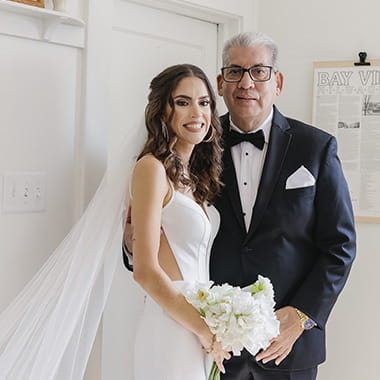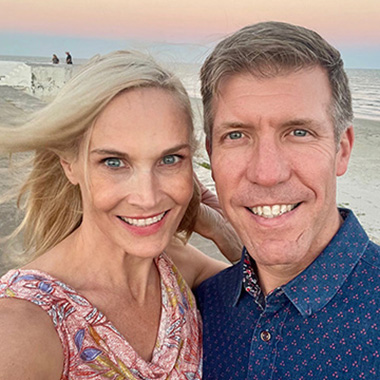
 American Heart Association and
American Heart Association andAmerican Stroke Association
Getting to the Heart of Stroke™
Stroke is the No. 5 leading cause of death and a leading cause of serious, long-term disability in the U.S., despite stroke being largely preventable, treatable and beatable.
Getting to the Heart of Stroke focuses on:
- increasing collaboration between cardiology and neurology through identifying and disseminating quality improvement best practices;
- educating health care professionals about the latest clinical guidelines and science;
- empowering consumers to know and better manage their risk factors; and
- improving community awareness that stroke is largely preventable, treatable and beatable.
What’s good for the heart is good for the brain. Discover the impact of the Getting to the Heart of Stroke initiative over the past two years in treating, beating, and preventing strokes.
View the Getting to the Heart of Stroke infographic (PDF)

Managing My AFib
MyAFib Experience
Preventing Another Stroke
Be prepared. Learn and share the F.A.S.T. warning signs.




Patient Stories

Melody McMurray
At 21, Melody McMurray had a stroke, mistaking symptoms for exhaustion. Her boyfriend recognized the stroke warning signs F.A.S.T.

Manuel Vera
Recognizing that he was having a stroke prompted a trip to the ER. Manuel’s unexpected stroke resulted in good outcomes.

Daniel Ganier
He was just 29 when he suffered a stroke. Thanks to a team collaboration of care providers, Ganier made a full recovery.

Laura Sammons
In 2017, as she approached an intersection with a stoplight, she blanked out and had no idea how to drive. Sammons was having a stroke.

Professional Education
Get started with webinars and podcasts aimed at increasing collaboration between cardiology and neurology, educating health care professionals, and addressing disparities in stroke risk factor diagnosis and treatment.

HCA Healthcare and HCA Healthcare Foundation are proud to be the national sponsor of Getting to the Heart of Stroke™.
